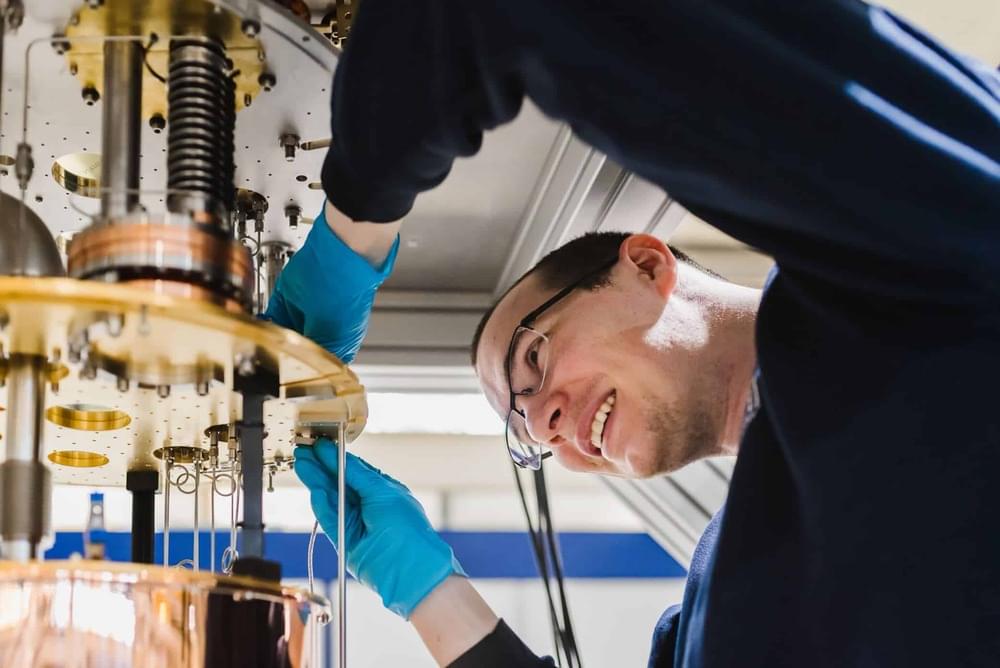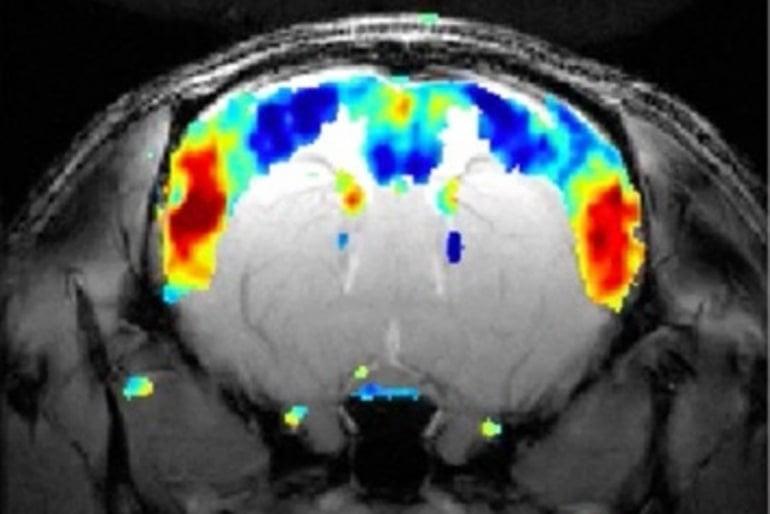Feb 6, 2023
Scaling and diversifying the talent pipeline will accelerate quantum opportunities
Posted by Shubham Ghosh Roy in categories: business, computing, nanotechnology, quantum physics
The emerging quantum technology industry offers a dynamic career pathway for creative and adaptable physical scientists, as Stuart Woods of Oxford Instruments NanoScience explains.
As quantum technology companies shift gears to translate their applied research endeavours into commercial opportunities – at scale – they’re going to need ready access to a skilled and diverse quantum workforce of “all the talents”. A case study in this regard is Oxford Instruments NanoScience, a division of parent group Oxford Instruments, the long-established UK provider of specialist technologies and services to research and industry.
The NanoScience business unit, for its part, designs and manufactures research tools to support the development, scale-up and commercialization of next-generation quantum technologies. Think cryogenic systems (operating at temperatures as low as 5 mK) and high-performance magnets that enable researchers to harness the exotic properties of quantum mechanics – entanglement, tunnelling, superposition and the like – to yield practical applications in quantum computing, quantum communications, quantum metrology and quantum imaging.


















